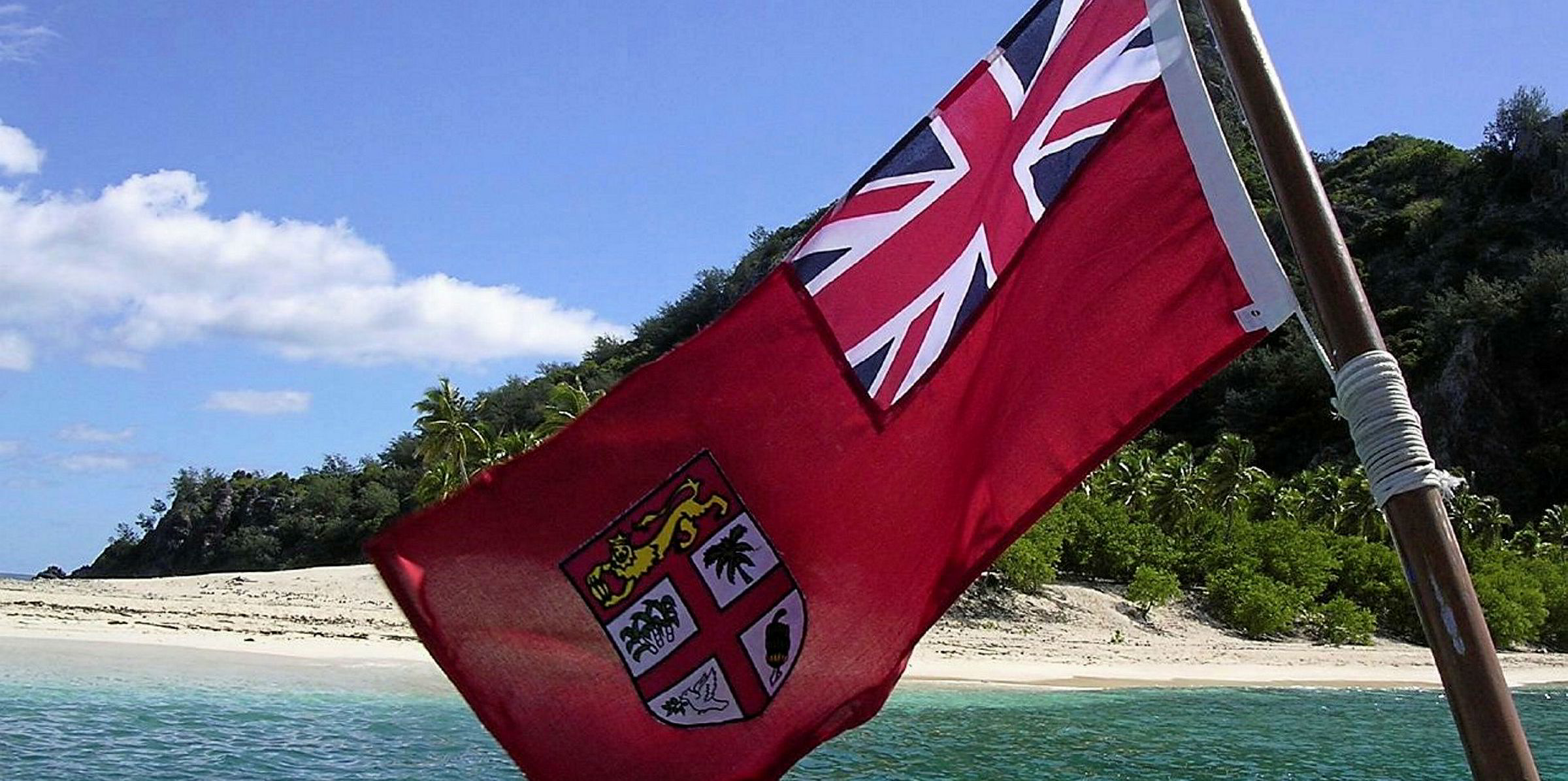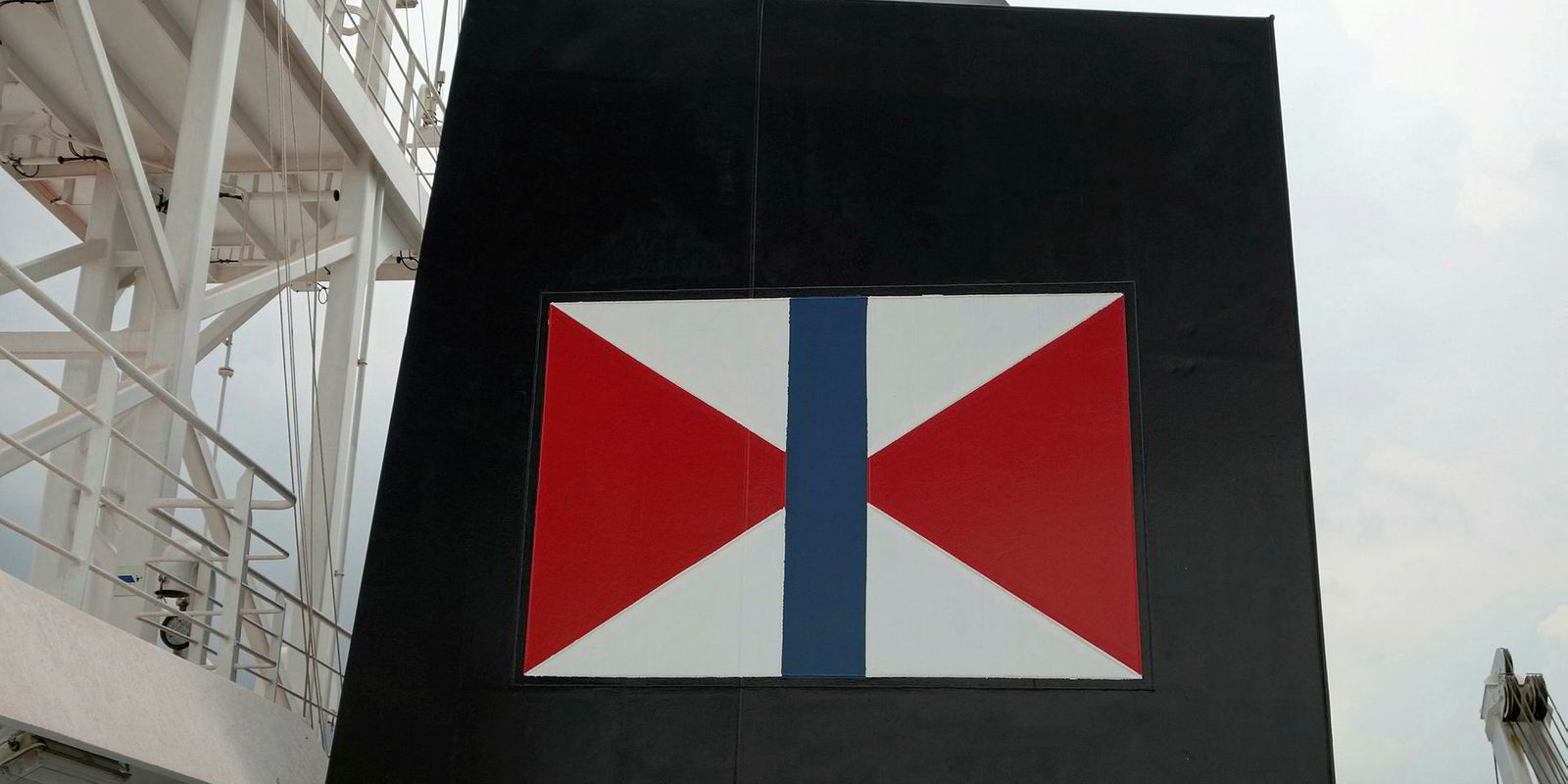China Navigation Company (CNCo) is looking to low-carbon technology to find a solution to providing shipping services to remote islands in the Pacific.
It has teamed up with the University of the South Pacific to carry out “groundbreaking” research into a new class of ship for the trade.
Project Cerulean aims to eventually develop a new class of small cargo freighter, which, once proven to be commercially viable to operate, can be scaled up in numbers to provide a cost-effective solution for currently marginalised communities in the Pacific Island Communities and Territories (PICT), CNCo said.
Earlier this week the Singapore-based shipowner and the Fiji-based University signed a memorandum of understanding (MOU) to conduct feasibility studies for the design costs and plan for the new generation ships for the Pacific region.
CNCo said in the immediate term, the project aims to design, build and trial a low-carbon project ship to service the PICT in partnership with the Micronesian Centre for Sustainable Transport (MCST).
“PICT are almost wholly reliant on sea transport for essential imports and other vital transfer of people and goods,” it said.

“Sea transport, especially at the domestic level, has always presented a particularly difficult issue for PICT to find long-term, sustainable, cost-viable solutions for periods of low energy costs.”
CNCo said the lack of appropriate and viable transport is a “major barrier to developing economies” and social service delivery, especially for remote Maritime Provinces.
Many routes are said to be uneconomic using conventional shipping solutions and require increasingly high government subsidies to maintain.
CNCo is looking into an initial investment of around $2.5m to design, build and operate a pilot low cost, low carbon, low tech freighter, which it is hoped can be constructed in a South Pacific shipyard, according to Simon Bennett, general manager, sustainable development at CNCo.
“We want to raise economic capacity in the South Pacific as the vessel will be able to service the outlying communities in the region, which are not currently on main line routes,” he added.




